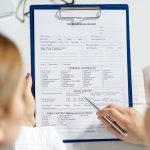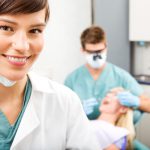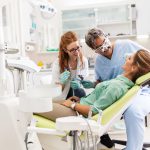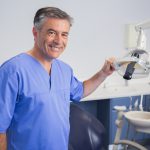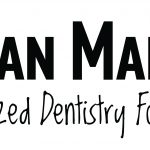
As a Total Health Dental Practice, there was one particular oral disease my team was not comfortable discussing—even though it is deadly and its epidemic has escalated to horrific proportions. You guessed it…HPV-related Oral Pharyngeal Cancer (OPC). Don’t get me wrong; our responsibility to complete our 9-point screen for oral cancer is routinely completed. But we knew the screening exam—was completely ineffective in screening for the risk of HPV-OPC.
In brainstorming about our weakness, ...
Read More

